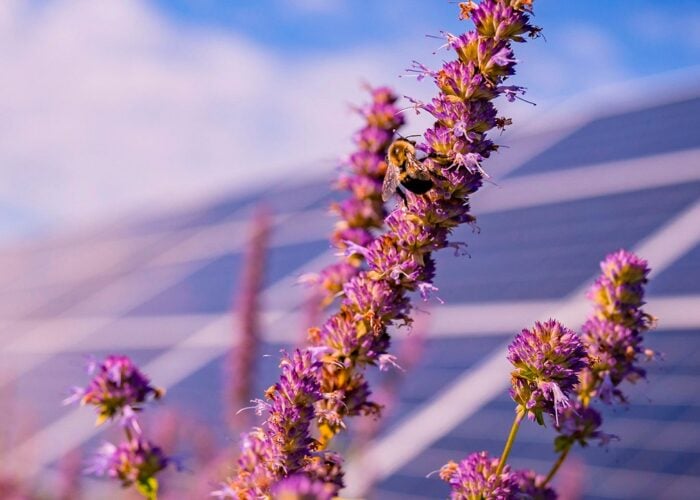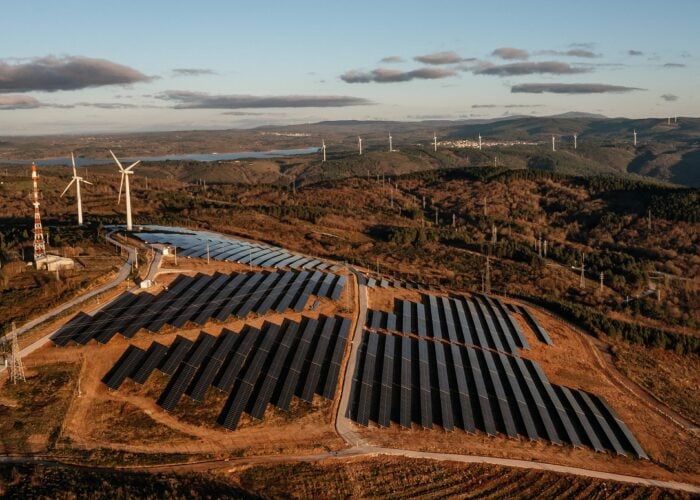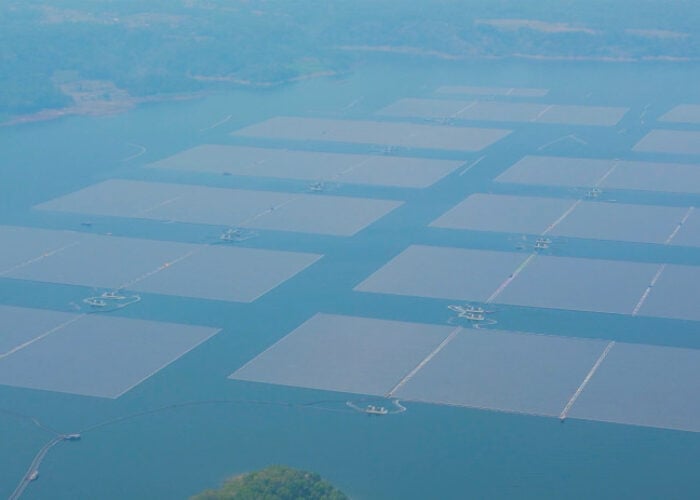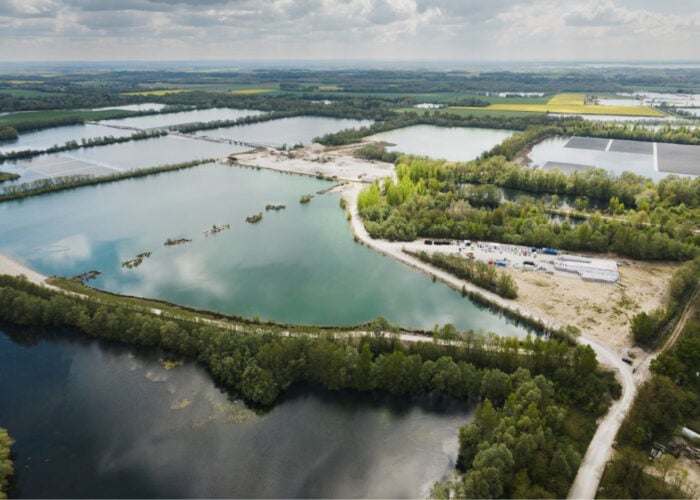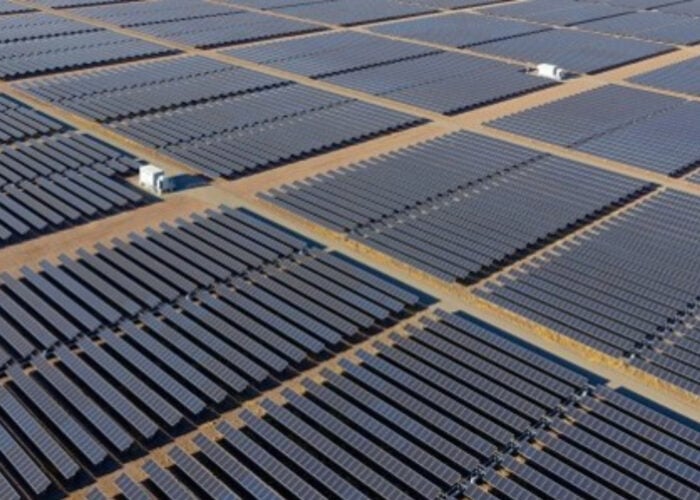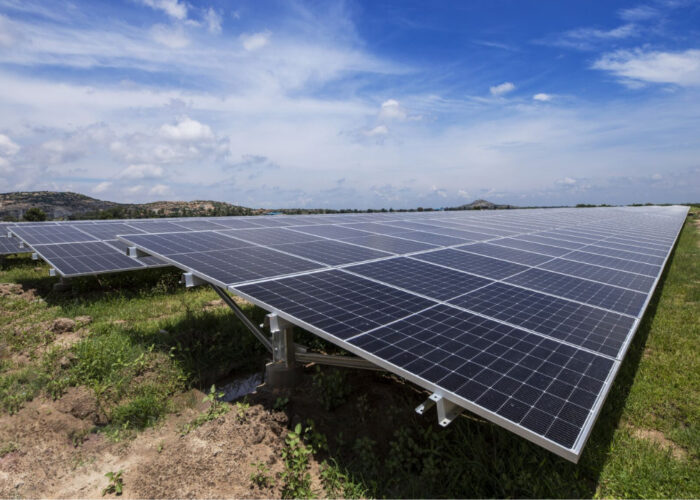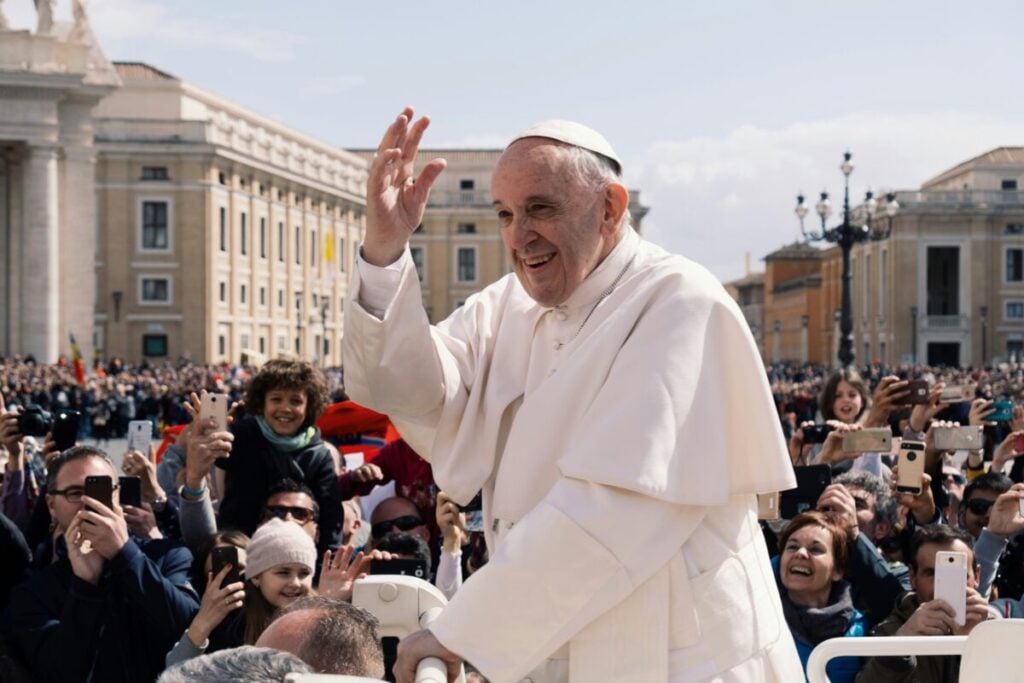
The Pope has ordered that a solar PV project be built in the Vatican City, with a capacity sufficient to power all of the mini-state’s electricity needs.
In a public statement, Pope Francis called for an agrivoltaics plant to be built in the Santa Maria Galeria area, northwest of Rome, outside the Vatican walls. The area belongs to the Vatican and hosts its radio station, which will also be powered by the solar site.
Unlock unlimited access for 12 whole months of distinctive global analysis
Photovoltaics International is now included.
- Regular insight and analysis of the industry’s biggest developments
- In-depth interviews with the industry’s leading figures
- Unlimited digital access to the PV Tech Power journal catalogue
- Unlimited digital access to the Photovoltaics International journal catalogue
- Access to more than 1,000 technical papers
- Discounts on Solar Media’s portfolio of events, in-person and virtual
Or continue reading this article for free
The capacity, timeframe and technology of the plant have yet to be clarified.
The Pope said; “We need to make a transition towards a sustainable development model that reduces greenhouse gas emissions into the atmosphere, setting the objective of climate neutrality.” The decision built on his 2015 “Laudato Si” letter, which emphasised a need to address climate change on humanity’s “common home”.
The task of delivering the agrivoltaics project was given to two cardinals who serve as the governor of the Vatican City and the president of the Administration of the Patrimony of the Apostolic See (APSA), which deals with the state’s funds.
The Vatican City, which is home to the headquarters of the global Catholic church, is the smallest state in the world. The main audience hall in the Vatican already has a solar installation on its roof, installed in 2008.
Italy – the country surrounding the Vatican state – recently announced a ban on solar deployments on agricultural land, which many took to effectively be a ban on some agrivoltaics projects. This publication spoke with two legal and industry experts earlier this month, who said that the proposed ban contains “contradictions”.

